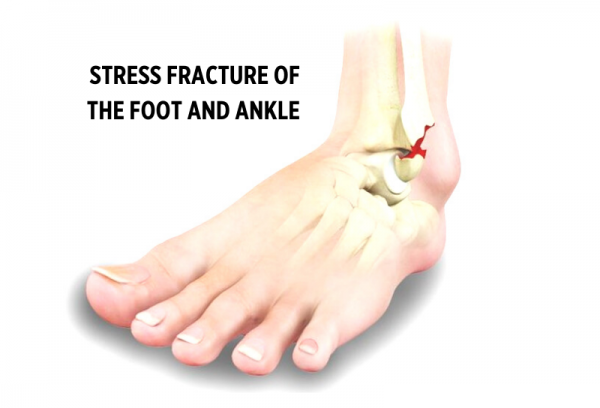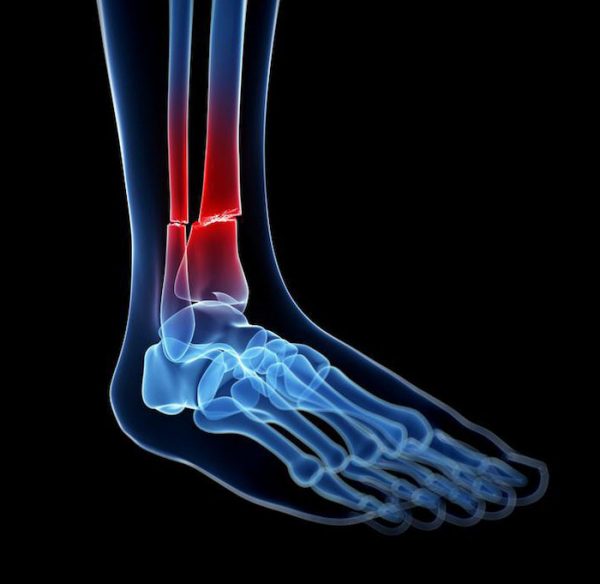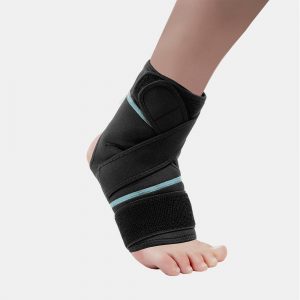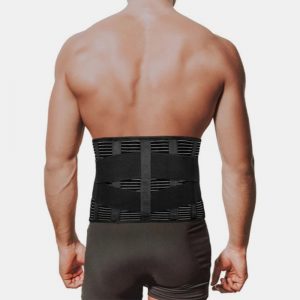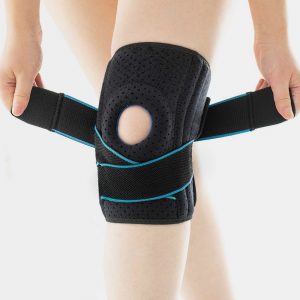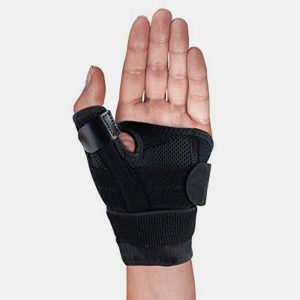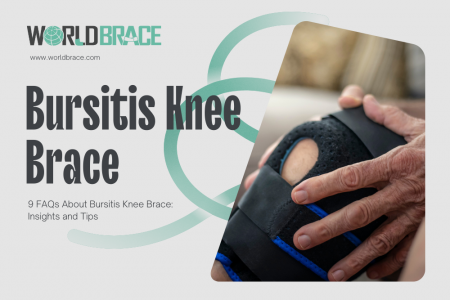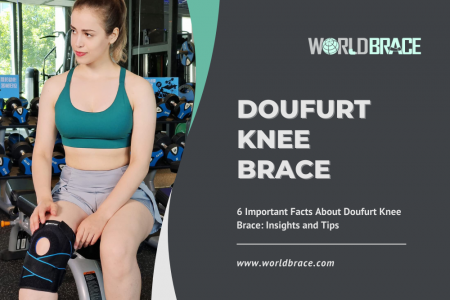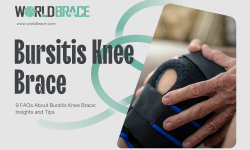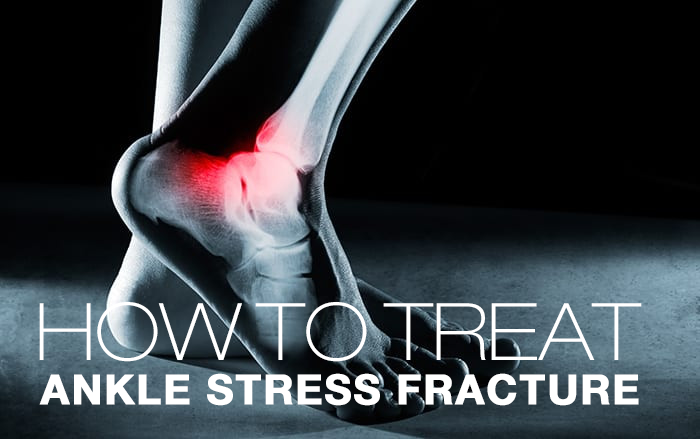
Table of Contents
What Is A Stress Fracture In The Ankle?
An ankle stress fracture is a form of ankle fracture in which the ankle bone breaks or cracks. When a little or a substantial amount of force is exerted on an ankle frequently, and over time, stress fractures occur.
Stress fractures in the ankle and foot bones are prevalent because we force them constantly while walking, standing, running, and leaping. A stress fracture occurs when a bone fractures but does not move from its original position.
Stress fractures in the ankle or foot are caused by forces similar to those experienced while bending a paper clip. A paper clip will not shatter if gently turned once. However, bending it back and forth repeatedly causes the metal to get brittle (or “weary”) and eventually break.
A “stress reaction” is a sort of weariness that occurs when bones are exposed to repetitive tension. This raises the likelihood of bone-breaking or suffering a stress fracture.
What Causes A Pulled-Back Muscle And What Does It Feel Like?
When you rip or overburden a few of the muscle fibres of your back, you get pulled muscles. This can occur if you overstretch the power or bend it too hard. Pain and swelling are likely to happen, and the spot will be sensitive to the touch. You might notice some bruising or redness.
How To Heal Stress Fracture In The Ankle?
The treatment goal is to alleviate pain while allowing the injury to heal so you can resume your normal activities. Implementing your physician’s therapeutic strategy will help you get back to normal activities faster and avoid future bone damage.
Treatment depends on:
- The location of the fracture.
- The severity of the stress fracture
The majority of stress fractures are managed without surgery.
Nonsurgical Treatment
Your doctor may recommend crutches in addition to the anti-inflammatory and RICE treatment medicine to save your ankle from stress until the pain goes away. Other nonsurgical therapy suggestions could include:
- During the healing time, avoid the activity that caused injury and adopt some alternative activities with your doctor’s approval.
- Wear protective footwear.
- Ankle stress fractures may need a cast to prevent bone dislocation.
Surgical Treatment
To heal properly, some stress fractures necessitate surgery. This entails putting an internal fixation to support the bones in many situations. During the healing process, specialized screws, plates, or pins are frequently used to hold the tiny bones of the ankle and foot together. If a stress fracture cracks entirely and displaces, surgery may be required.
Your surgeon will either make a small incision around the shattered bone or implant screws/pins through the skin to execute this type of surgery. After the ankle bone has recovered, the hardware is usually not required to be removed. However, your surgeon may, on rare occasions, recommend that the hardware be removed; this is usually a short outpatient surgery.
Will An Ankle Brace Helps A Stress Fracture?
A reputable producer with more than 20 years of expertise is WorldBrace. The braces are of a high calibre and emphasize problem-solving. We produce both copper shoulder braces and shoulder support braces. The braces are non-irritating because they are made to fit like a glove. You will experience alleviation and increased joint mobility with our props.
Your doctor may suggest you wear an ankle brace to heal your ankle injury. And we offer three ankle braces: a copper ankle brace, a figure 8 ankle brace, and an elastic neoprene ankle brace.
shoulder separation and repair
faq
Can you walk with a stress fracture in the ankle?
When you have a stress fracture, doctors advise against walking since it may rupture the half-healed fracture, forcing you to start the rehabilitation process again.
Do I have a stress fracture in my ankle?
If you possess any of the following symptoms, you may have a stress fracture in your ankle:
- Pain that lessens when you’re resting
- Pain is brought on by physical activity all day long.
- Swelling around the ankle or the arch of the foot.
- Sensitivity to grip at the fracture site.
- Perhaps bruising.

